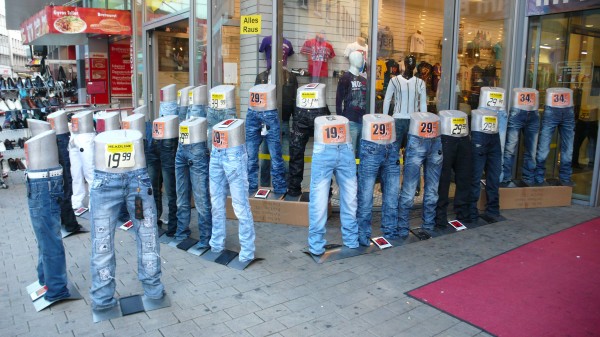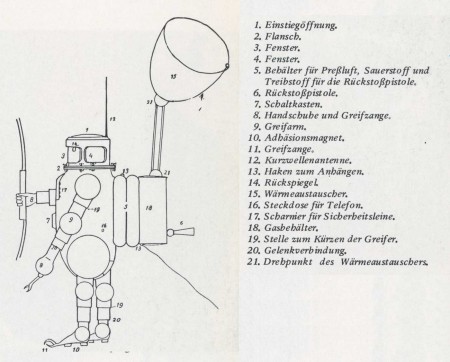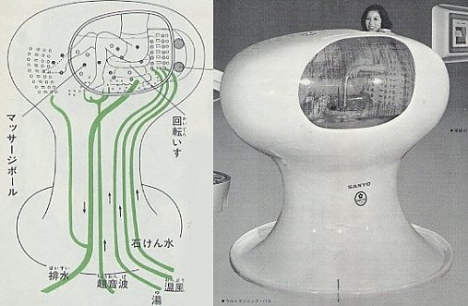Spinoffs
Marcel ‘Danger’ Maus 1979: “I made, and went on making for several years, the fundamental mistake of thinking that there is technique only when there is an instrument.(…)The body is man’s first an most natural instrument. Or more accurately, not to speak of instruments, man’s first and most natural technical object, and at the same time technical means, is his body.”
Julia Dales – 2009

Unbekannt – ausm internet

2011 stellt man sich in der Fussgängerzone von Dortmund öffentlich den face-tracking Technologien.

Morphological Computation anno 1935 von Hans Bellmer
Trailer von Olivia Wyatts Film The Pierced Heart and The Machete – erscheint 2012 auf Sublime Frequencies
nach Brockhaus: [französisch technique »kunstfertig«, »handwerksmäßig«, von gleichbedeutend griechisch technikós, zu téchnē »Handwerk«, »Kunstfertigkeit«] , im weiteren Sinn eine besondere Art des Vorgehens oder der Ausführung einer Handlung.
John Bock öffnet eine Raviolidose und isst sie mit Hilfe eines an einem Stuhl befestigten Löffels.
“…the term affordance refers to the perceived and actual properties of the thing, primarily those fundamental properties that determine just how the thing could possibly be used. […] Affordances provide strong clues to the operations of things. Plates are for pushing. Knobs are for turning. Slots are for inserting things into. Balls are for throwing or bouncing. When affordances are taken advantage of, the user knows what to do just by looking: no picture, label, or instruction needed.”
Donald Norman – The Design of Everyday Things, Basic Books 1988, (original title ‘The Psychology of Everysday Things’) p.9
Prof. Oberth entwarf einen Raumanzug lange bevor irgendein Mensch in den Raum vorstossen konnte:

aus Raumfahrt Enzyklopädie von Fred Appel, Aldus Books Limited, London 1971
At the 1970 World Expo in Osaka, consumer electronics maker Sanyo demonstrated their vision for the future by showcasing a series of appliances they thought would populate the home of tomorrow. Included was the Ultrasonic Bath, a pod-like human washing machine that cleans, massages and dries the user in a fully automated 15-minute process.
Link
A Soldier, Taking Orders From Its Ethical Judgment Center
by raumkundschafter Tags: Law & Order, Robot, Soldier, TechnikATLANTA — In the heat of battle, their minds clouded by fear, anger or vengefulness, even the best-trained soldiers can act in ways that violate the Geneva Conventions or battlefield rules of engagement. Now some researchers suggest that robots could do better.
“My research hypothesis is that intelligent robots can behave more ethically in the battlefield than humans currently can,” said Ronald C. Arkin, a computer scientist at Georgia Tech, who is designing software for battlefield robots under contract with the Army. “That’s the case I make.”
Robot drones, mine detectors and sensing devices are already common on the battlefield but are controlled by humans. Many of the drones in Iraq and Afghanistan are operated from a command post in Nevada. Dr. Arkin is talking about true robots operating autonomously, on their own.
more
This is the South Korean Design:
